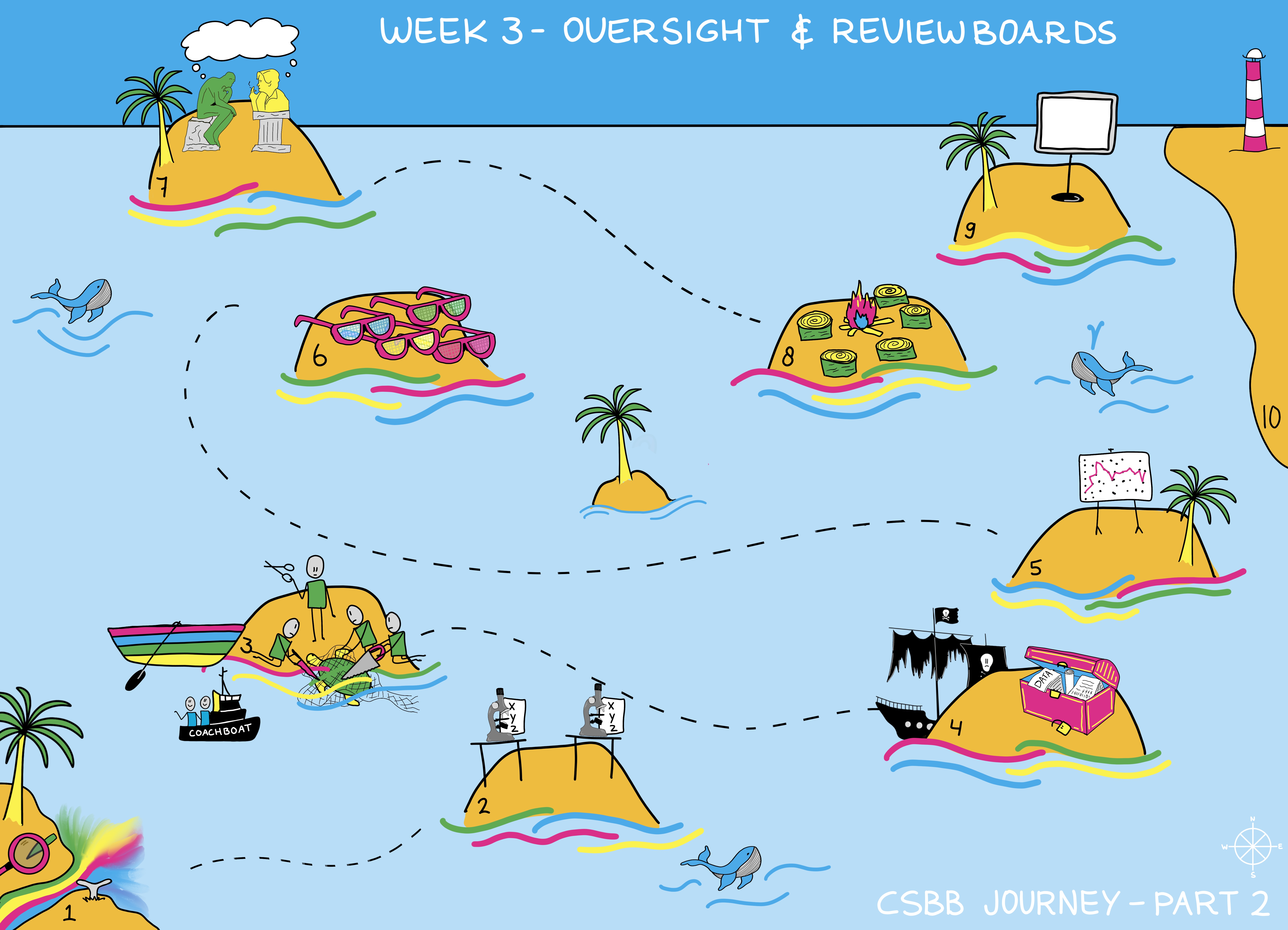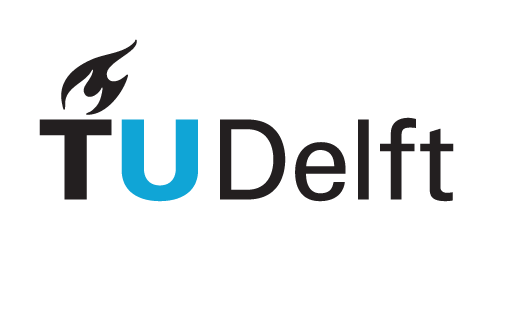
Week 2.3: Institutional Review Process#
Responsible scientific research requires both rigorous critical thinking and adherence to ethical standards. Scientists must continuously question assumptions, evaluate evidence, and reason logically—not only in interpreting data, but also in designing ethically sound studies. The institutional review process for human and animal research ensures that studies meet legal and moral obligations, protecting participants, society and the environment. By submitting protocols to review boards, researchers demonstrate accountability and a commitment to minimizing harm. Together, critical thinking and ethical review form the backbone of credible science, supporting integrity, transparency, and the advancement of knowledge.
The schedule for this week includes:
Monday:
Science Spotlight
Workshop: Institutional Review Process
Wednesday:
Workshop: Critical Thinking as a Scientist
Friday:
Friday Symposium
Workshop: Institutional Review Process#
Many research projects, especially in biomedical sciences, will have an institutional review process for ethical and safety considerations. This includes reviews of human and animal research to make sure it’s done ethically and humanely; it also includes biological safety depending on the materials you will be working with, especially if it includes viruses, bacteria, radiation, etc.
Understanding why these reviews are needed, what the review boards are typically looking for, and the timelines and constraints of these reviews can greatly reduce project planning frustration. If you are joining a new project, this review will provide you with documentation you can read and assess if you ethically want to be part of this project.
Key concepts#
The process of obtaining a license for animal research
Training of the responsible personnel who can work with research animals
Reporting of animal research
Why do we need animal research in biomedical research?
Alternatives to animal research
Learning goals#
Understanding the legal requiremnts for performing animal reserach in NL
Being able to describe achievemnts in medicine and research that were possible because of the use of animal models
Being able to explain alternatives to animal research – their advantages and shortcomings
Workshop: Critical Thinking as a Scientist#
Problem-solving often benefits from critical thinking. As a scientist, you have to ask yourself: Why is your plan not working? What factors contribute to failures, better known as unexpected results? Could you take advantage of unexpected results and learn from them?
What is your intuition about what could go wrong? How does this fit or not fit in the big picture? What are the ramifications of what we are doing?
This workshop will build on the topics discussed last week during the troubleshooting workshop.
Key Concepts#
Taking the time
Conflicts in critical thinking
Emotions in critical thinking
Learning goals#
Critical thinking
Research process
Collaboration
Group Activity of the Week#
You will begin work on your research project. You should continue to read articles that will help inform your project as you go. You will also start to gather data and take necessary changes into consideration.
You will also need to decide what journal publication you future article could be submitted to, and find the submission requirements.
Discussion Questions#
Why do we do animal research? Why should we not?
What are things to consider when using animal models?
Can we do all research using computational models instead of animals (including humans)?
Who should be on review committees?
When being a reviewer, what things should you consider? What things shouldn’t you consider?
What is your process in reviewing something from someone else to find the flaws, find points of improvement, and designing your future experiments?
How do you think about your own work? How do you think about others works? How is that different?
What are the implications of this research?
What are potential problems in the future?
How might this research be used by others?
Does the method and analysis make sense?
How does this project connect with other projects?
Weekly Submitted Assignments#
Group#
Does your project potentially need any institutional review? What kind?
What could change in your project to change that answer?
Assignment 2: submit the name of the journal you have identified for publication and the submission guidelines (This can be a URL).
Individual#
What do you think is important in the institutional review process? Why is it necessary?
